Local honey and beginner's beekeeping with Helen Rogers from Highgate Honey

Ever wondered what a beekeeper does in spring? Well, if Helen Rogers from Highgate Honey is anything to go by, she's visiting her hives on London's rooftops and in bramble patches, teaching beekeeping, raising queen bees and building a shed!
Helen is a small business friend of mine and I love seeing the spring through her eyes. Starting with a new hobby and just one hive, Helen's business has grown with apiaries around North London in Hampstead, Finchley, Dartmouth Park and Hendon.
Best of all, as Helen will tell you, the taste and colour of your honey will be very different depending on where the bees are and the plants that they visit. If you're curious like me, read on for my Q&A with Helen all about the joy of local honey, planting flowers for bees and even how to start beekeeping if you're keen.
1. Why did you start Highgate Honey?
Highgate Honey is a hobby that got out of hand! I'd been interested in honeybees for years and when we moved to Highgate my husband gave me a hive for my birthday and I was hooked straight away! Very quickly the hive numbers multiplied and we had more honey than we knew what to do with - so we started the company.
2. It's beekeeping season. What's a typical day in your life?
Beekeeping is one of those things that changes a lot depending on the time of the year. We are about to go into peak swarming season, so I need to check on every one of our hives each week at the moment. That means that several days a week are spent visiting all our hives and making sure that the colonies are in good condition and have everything that they need.
I always walk my daughter to school before I set off for the hives - you can't open hives if it's too cold, so I can't start too early. After I get back it's a matter of loading the car with all the kit that I need for the day and setting off to go round our apiaries. I have a set route and I have a vital notebook with everything that I need to know about each hive - there's no way that I could remember everything.
When I get home it's time to pack any orders that we've had and catch up on admin. Later in the season I'll bring honey home to be extracted and jarred on the days that I'm not visiting hives. By the end of each day I'm usually exhausted and sleep like a baby!
3. These days it feels like more of us are appreciating bees. What has beekeeping taught you about bees?
So much! and I'm always learning more as well.
View this post on Instagram
4. When most of us think of honey, London doesn't come to mind! What's been your experience producing honey in the capital?
London honey is actually one of the most interesting and complex honeys that there is - it's because of the amazing variety of plants that we have here. The climate is usually pretty mild, so we get all sorts of unusual things growing too.
I love watching people's faces when they first taste our honey - it's often the first time that they've eaten genuine honey.
5. Not all honey is equal. An Ethical Consumer report says industrial scale beekeeping can even be harmful to bees. How do you make sure your honey is produced ethically and with care for the environment?
"Heathy bees and high quality honey" is my mantra and I believe that you can't have one without the other. We keep our hives in small, spread out groups, so that they don't have a big impact on other pollinators in the area. This also helps our bees from catching and spreading disease between themselves.
We take great care to leave our bees plenty of honey to overwinter on rather than feeding them loads of sugar. We raise our own bees instead of buying in colonies from abroad or other parts of the country - this means that our bees are adapted to our local climate and tend to thrive.
We never fine filter or heat our honey to high temperatures - I think that it is so important to keep everything as natural as possible to retain as much goodness in the honey as possible.
6. Growing up, your mother had a brilliant garden and you later wrote a book together, 80 Flowers for Bees. How has being close to plants throughout your life influenced you?
It's made me acutely aware that many plants and bees can't survive without each other and how dependent we are on them both for our food. My parents are now in their 80s and both still maintain the same amazing garden and orchard. Being in tune with nature and the seasons has always been essential to me - beekeeping is just part of that.
7. The European Red List for Bees reports that almost 1 in 10 wild bee species are close to extinction. How would you like to see us taking more care of our pollinators?
The reason that so many bees are at risk is because of loss of their habitat and forage. I'd love it if everyone would plant some flowers for bees - there are loads of online resources with good recommendations - my book is also great!
Some types of bee won't fly for more than a couple of hundred metres from their nest, so it's important that we make sure that there are flowers everywhere. I often go into schools to talk to children about bees - they are so receptive to this message which gives me a lot of hope for the future.
8. As a honey sommelier, what tips would you give us for savouring, not scoffing, our honey?
I trained in Italy to be honey sommelier after I noticed how different the honey was between my hives, even within the same apiary. It makes sense that different plants will produce different colours and flavours of honey but doing the formal training opened my eyes to another amazing world.
I would suggest that you avoid supermarket honey and seek out a local beekeeper and try their honey. My favourite way to eat honey is straight from the jar - but it is fun to put together a cheese board with a few different types of honey and see which pair well together.
I run honey tasting workshops to introduce people to the huge range of tastes and flavours of honey there are - I particularly enjoy showing people the wonderful variety of honeys produced in the UK. I always bring honey home from holiday and I'm very lucky to have lovely friends who do the same for me!
View this post on Instagram
9. What's your least favourite thing about being a beekeeper?
Cleaning kit. It's really important that we keep our spare kit clean and free of any nasty bugs and diseases. Over the winter we clean everything thoroughly by scrubbing and scorching - it is slow and boring work and usually done in the cold!
10. What's been your proudest moment so far?
It's difficult to pick one thing, but if it has to be one then it's the team that help me with our local bee club's teaching apiary. Some of them started with me having never opened a hive and now are really good beekeepers - it makes me proud to see them working with the bees, problem solving and confidently teaching others.
11. If someone's reading this and feels inspired to learn more, where's a good place for beginner beekeepers to start?
I would encourage them to start by attending a taster session to see what it's all about. I run the teaching apiary for our local bee club and sometimes people come along and realise that it's not for them for whatever reason.
If you enjoy that, then get on a beginners course - most bee clubs run them. They should have some theory and practical sessions where you can really start to learn all about bees. I have to warn you though - it is highly addictive!
As recommended by Helen
I asked Helen to share 3 people, books or resources that have inspired her.
1. The Bees by Laline Paull
There's a novel called "The Bees" which is written from the point of view of the bees which is such an unusual perspective - I've run a few honey tastings for book clubs after they've read it and there's always a lively discussion.
2. Instagram
Instagram is brilliant for me - I've connected with so many wonderful beekeepers from all around the world and become friends with them. I'm forever learning new things from them.
3. Roger Patterson
There's a UK beekeeper called Roger Patterson - he has written lots of very down to earth useful books on beekeeping. I've been to his apiary to learn how to rear queen bees - it was such an inspiration. He is so generous with his knowledge and encouraged me to do the same.
You can try Helen's local North London Honey on her website. I recommend following Highgate Honey on Instagram too for fun behind-the-scenes glimpses into the busy life of a beekeeper!
If you enjoyed my Q&A with Helen Rogers from Highgate Honey, make sure to subscribe to my Ideas Book newsletter for more sustainable home ideas and interviews with people who inspire me.






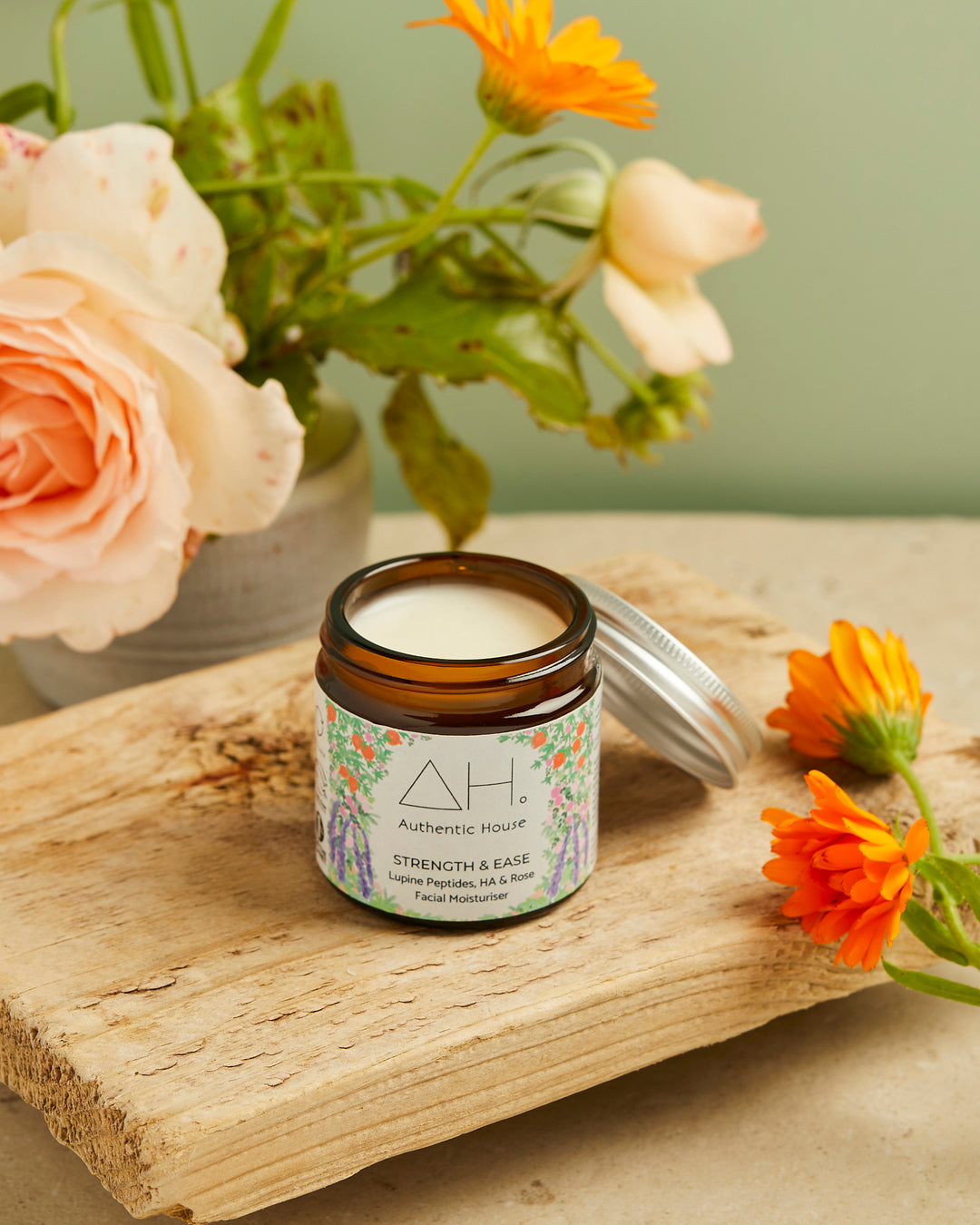

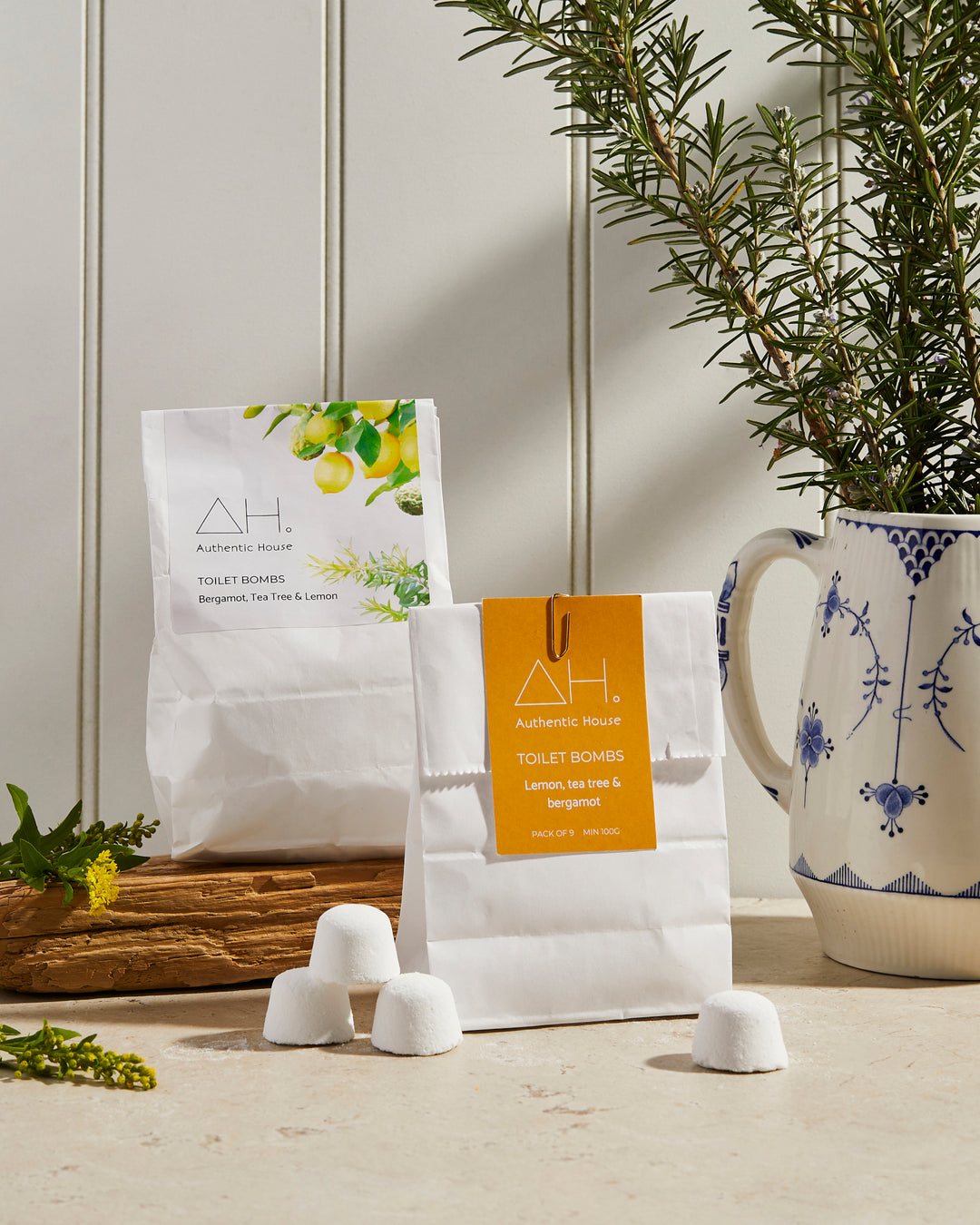
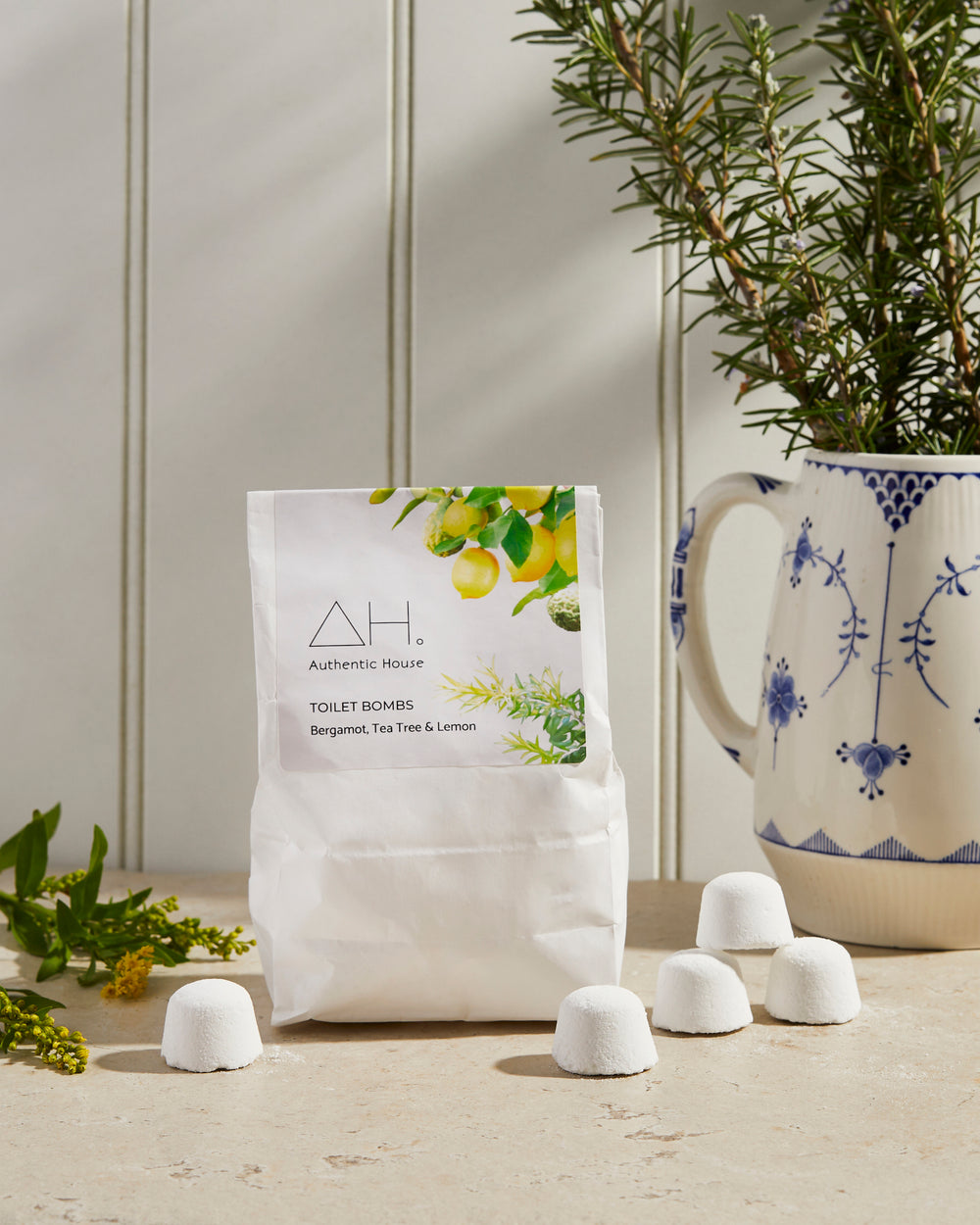


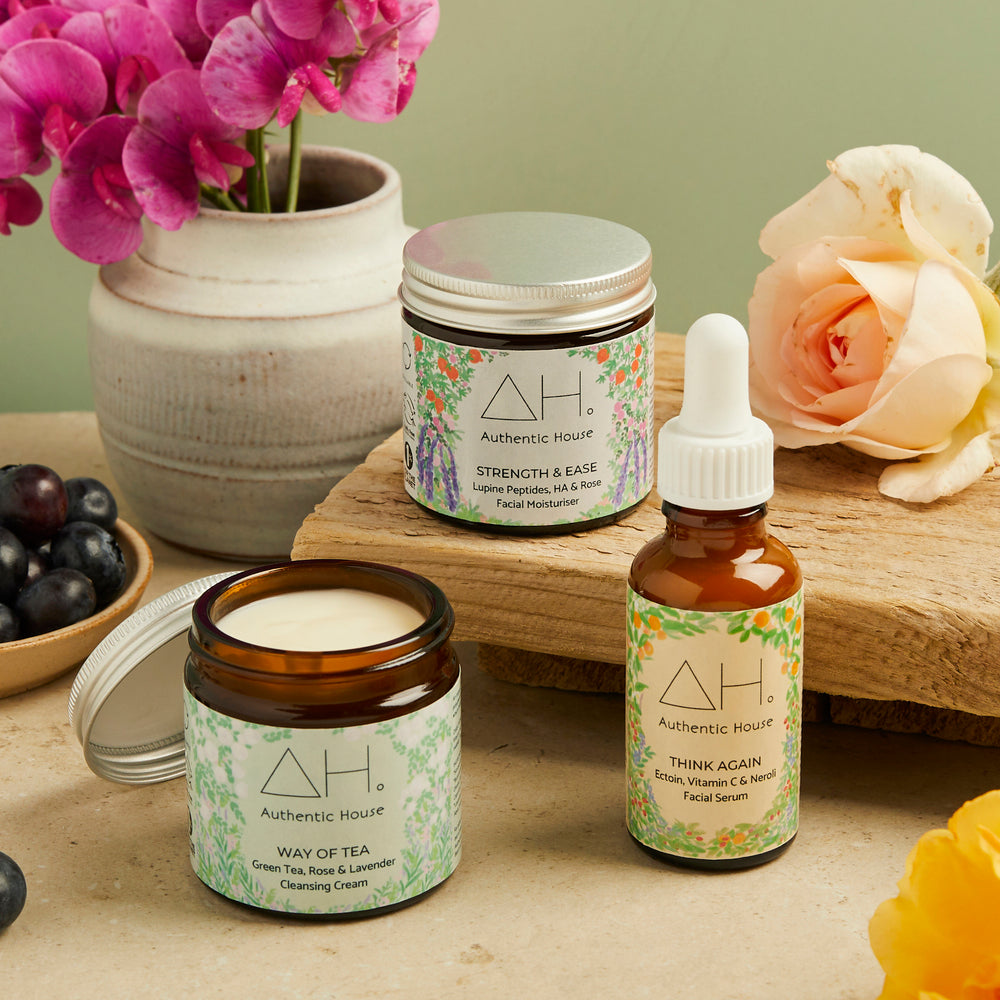




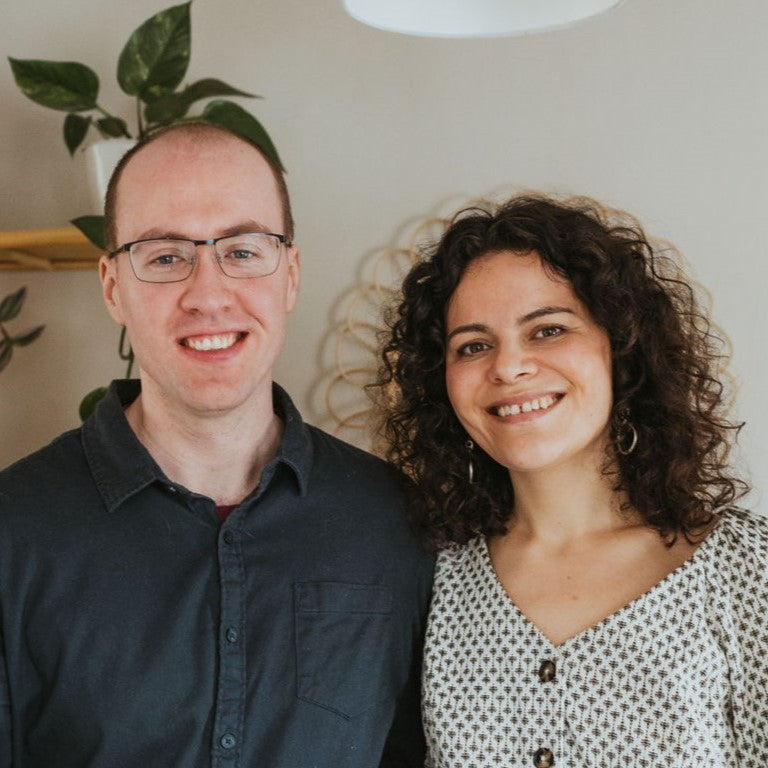
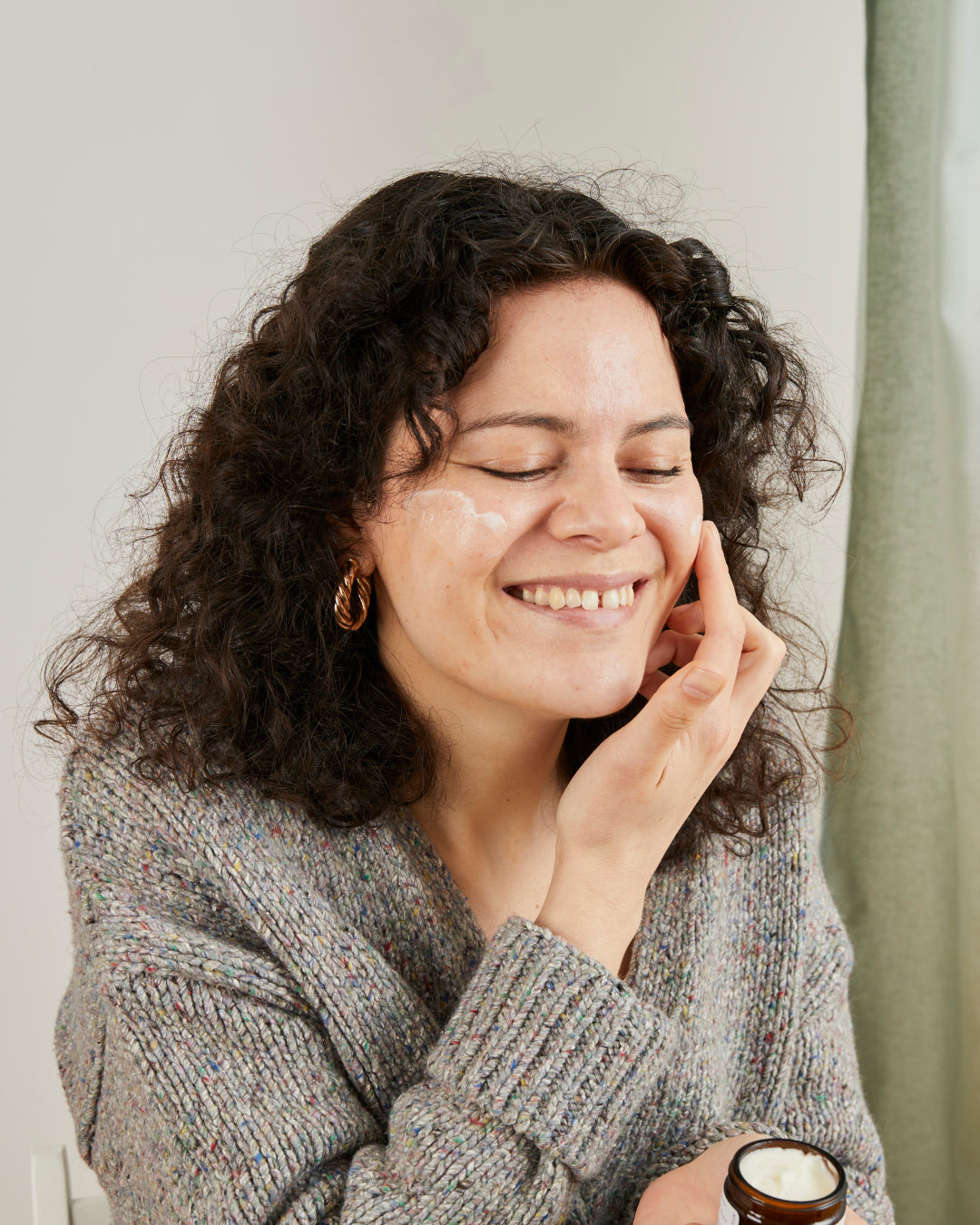

Leave a comment